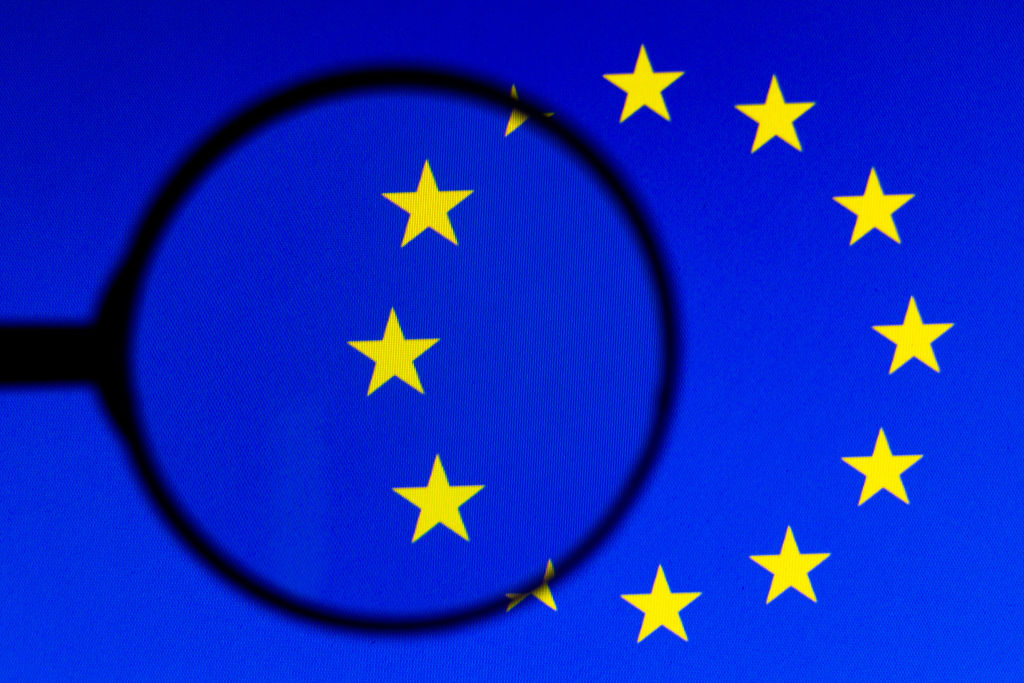This Friday takes office within the European Union the DSA. This “Digital Services Act” aims to force major platforms, such as Google, Facebook, X or even TikTok, to do more in the fight against illegal content. And this under penalty of heavy fines.
The principle of this text is simple: what is illegal offline must also be illegal online.
To achieve law and order online, the text targets online platforms. A series of obligations will be imposed from Friday on the 19 largest social networks, marketplaces and search engines (including Apple, Google, Microsoft, Amazon, Meta, Wikipedia, TikTok, etc.)
Platforms are still not legally responsible for the content they host
However, these platforms are still not legally responsible for the content they host. But they must now set up an effective moderation system.
In the toolbox, they will have to offer Internet users a tool to easily report “illegal” content. “Trusted flaggers” in each country will have their alerts processed as a priority. Then the platforms will have to remove them quickly.
Note that merchant sites will also have to track sellers, to reduce fraud. And the algorithms used by the platforms will also be under surveillance. They will need to be explainable to help understand how their recommender systems work. And they will have to offer alternatives without personalization.
Violations will result in fines of up to 6% of global revenue
Finally, on the advertising side, the DSA prohibits targeting minors or ads based on sensitive data (religion, sexual orientation, etc.).
Finally, compliance with these rules will be monitored by independent audits, under the watchful eye of Brussels.
And any violation will be subject to fines of up to 6% of global turnover. In the event of a repeat offence, the offending actors may be banned.
